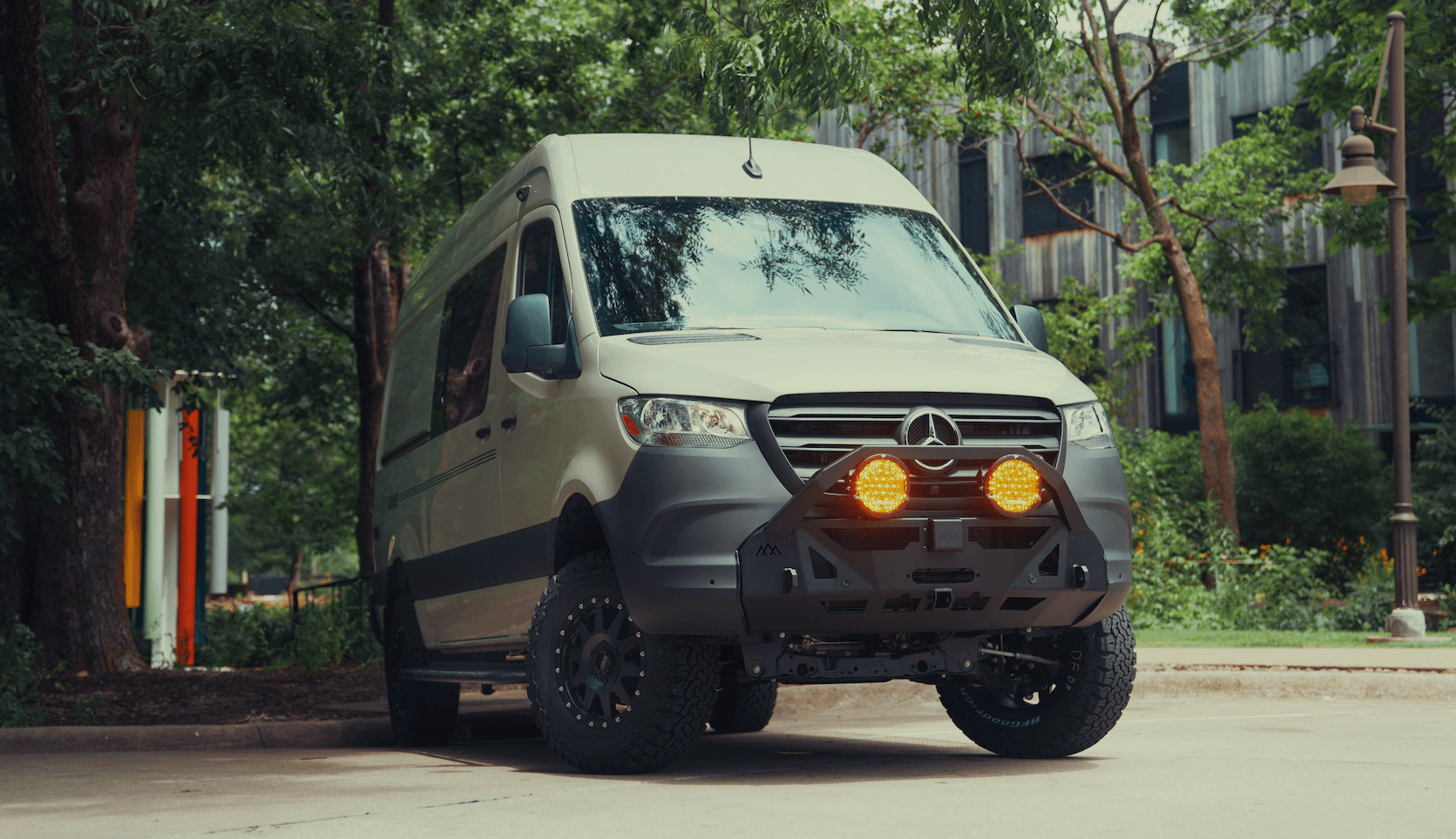Recreational Vans

A microwave is a short duration, high draw appliance. Most compact models are labeled 700 to 1000 watts cooking power, yet they often pull 1000 to 1500 watts at the plug because of efficiency loss and startup surge. That means your inverter must comfortably supply more than the rated cooking watts.
Plan for a pure sine wave inverter at 1500 to 2000 watts minimum for small microwaves. Larger household units can demand 2000 to 2500 watts or more, which is rarely necessary in a van. The inverter rating should exceed continuous draw and handle momentary surges without tripping.
Wire sizing matters. High current at 12 volts means thick cables and short runs to the battery bank to keep voltage drop low. Undersized wire leads to heat, alarms, or nuisance shutdowns. Ventilation is important for both the microwave cavity and the inverter since both generate heat during use.
Take a microwave that lists 1000 watts cooking power. Realistic input can be about 1400 watts. With an inverter efficiency around 90 percent, the DC side must deliver roughly 1550 watts. At 12 volts, that is near 129 amps while the magnetron is on. Your inverter should be rated above this continuous demand, and your battery bank must tolerate the current without sag.
When in doubt, check the microwave sticker for input watts, not only cooking watts. Also look for a pure sine wave requirement. Most modern appliances prefer clean power for reliable operation and lower noise.
High current for short periods is manageable if your battery is sized and protected. A 1400 watt draw for 5 minutes is roughly 117 watt hours. Even with losses rounded to 150 watt hours, that is a small fraction of a healthy battery bank. The challenge is not energy total, it is instantaneous current.
Consider:
If you heat a mug for 2 minutes a few times a day, total energy use remains modest. If you cook full meals, the duty cycle climbs and the system should be scaled accordingly.
Microwaves pair well with fast charging. Alternator charging through a DC to DC charger replenishes energy while you drive. Shore power tops the bank quickly at campgrounds or when parked at home. Solar is excellent for background loads and can offset microwave energy on sunny days, yet solar alone is rarely the sole source for daily cooking unless the array is large and the climate is bright.
A common setup is a 2000 watt pure sine inverter, 200 to 400 amp hours of lithium, a 30 to 60 amp DC to DC charger, 200 to 400 watts of solar, and a smart shore charger. This combination handles brief high draws while keeping batteries happy.
High current wiring must be fused and routed cleanly. Use appropriately rated breakers or class T fuses near the battery. Provide airflow around the inverter and microwave. Secure the appliance so it does not shift on rough roads, and use a door latch that stays shut while driving. If your van has propane or gasoline appliances nearby, mind clearances and ventilation to prevent heat buildup.
Noise and radio interference can occur with poor grounding or modified sine inverters. Choose quality components, keep grounds short and solid, and use ferrite chokes if you encounter interference in sensitive electronics.
Practical tips:
If you want a microwave that simply works every time, we can design the complete electrical system around your cooking habits. Our team sizes batteries, inverter, wire, and charging so you heat meals without tripping breakers or draining the bank. We integrate clean cabinetry, safe ventilation, and driver friendly controls that make van cooking effortless.
Explore our recreational platforms and see what a finished power system looks like in a real tour. Start here: Explore recreational vans. Want a tailored interior and electrical plan from day one? Custom build a van. Looking for a finance friendly starting point before adding upgrades? See mainstream vans.
When you are ready, send us a note with how you travel and what you cook on the road. We will spec a power system that runs your microwave, induction cooktop, fridge, and air conditioning with room to grow. Then we build it clean, test it thoroughly, and hand you the keys with a walkthrough that makes your first trip easy.
Ready for worry free cooking on the road? Our team designs and installs complete power systems that run microwaves, induction cooktops, fridges, and climate control with clean wiring and proven components. Tell us how you travel, and we will spec the right batteries, inverter, and charging so you press start and it just works. Start your custom build today.
ADDRESS:
6159 E Huntsville Rd, Fayetteville, AR 72701
PHONE:
(479) 326-9200
EMAIL:
info@ozkvans.com